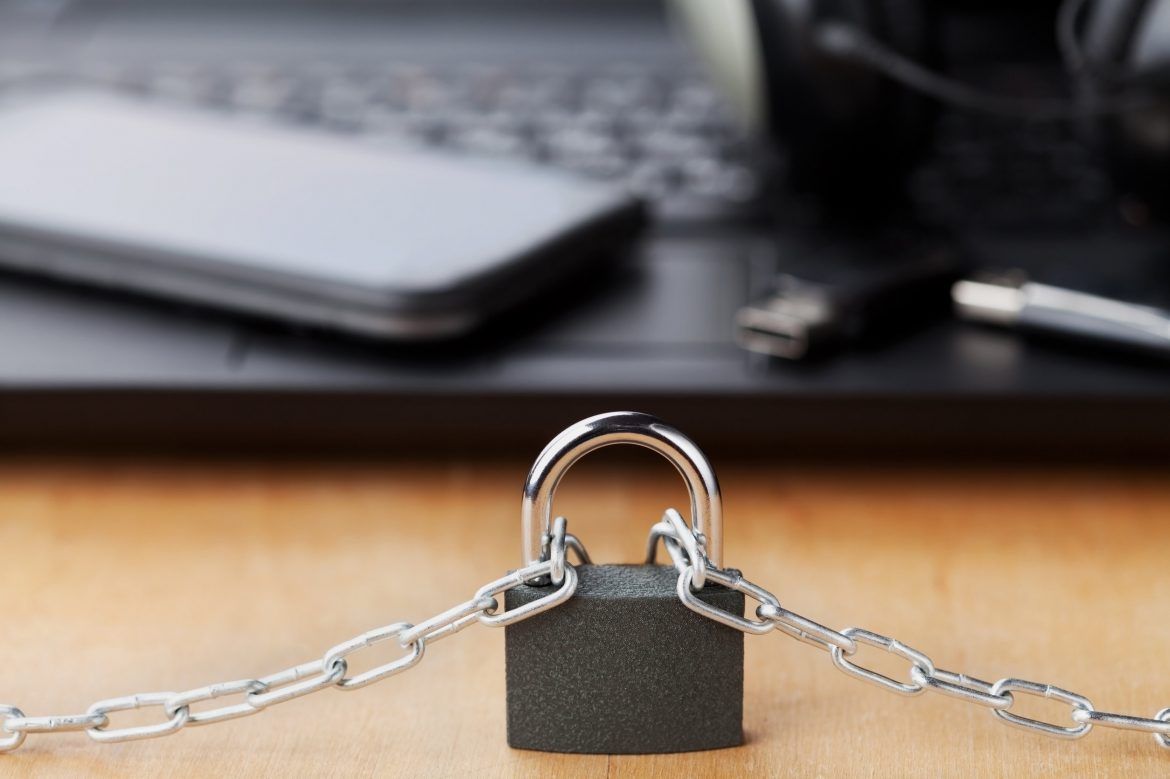
Is It Time For a Social Media Break?
Do you find yourself scrolling through reels and posts and reels and more reels until the end of time? You are certainly not alone. However, if you are even slightly entertaining the idea of taking a break from social media, then this article is for you.
Social media affects our mental health in good and not-so-good ways. Studies show that the more time people spend on social media sites, the worse they feel. High levels of social media use have been associated with low self-esteem, anxiety and symptoms of depression.
The results from a recent cross-national online survey that was conducted in Norway, UK, USA and Australia by Dr. Hilde Thygesen from Oslo Metropolitan University and colleagues suggest that there is a correlation between using social media to decrease feelings of loneliness and poorer mental health. On the other hand, using social media for personal contact and to maintain relationships seems to be associated with better mental health.
Is it time for a “detox”?
Our motives do matter when it comes to how social media affects our mental health. On the flip side, Dr. Joseph El-Khoury from the American University of Beirut and colleagues suggest in a recent study that social media “detoxes” help to boost mood, reduce anxiety and improve sleep in university students.
Dr. Jeffrey Lambert from the University of Bath, UK and colleagues dovetail on Dr. El-Khoury’s research by further analyzing the effects of taking a break from social media on individuals’ overall well-being. The study which is published in Cyberpsychology, Behaviour and Social Networking looks at what happens when people take a week off social media.
A total of 154 people between the ages of 18-72 participated in this study. And like so many of us, these participants reported using social media sites everyday for an average of 8 hours per day. For the purposes of the study, the participants were randomly divided into two groups: One group where they would stop scrolling on all social media sites for a week and a control group where they would continue to use social media as usual.
The study findings showed that a week off of social media improved participants’ overall well-being and reduced symptoms of depression and anxiety.
Dr. Lambert explains that “Of course, social media is a part of life and for many people, it’s an indispensable part of who they are and how they interact with others. But if you are spending hours each week scrolling and you feel it is negatively impacting you, it could be worth cutting down on your usage to see if it helps.”
Try it for yourself and see if weekly social media detoxes help to improve your overall well-being.
REFERENCES
- 1. Lambert, J., Barnstable, G., Minter, E., Cooper, J., & McEwan, D. (2022). Taking a one-week break from social media improves well-being, depression, and anxiety: A randomized controlled trial. Cyberpsychology, Behavior, and Social Networking, 25, (5). DOI:10.1089/cyber.2021.0324
- 2. Thygesen, H., Bonsaksen, T., Schoultz, M., Ruffolo, M., Leung, J., Price, D., & Geirday, A. Ø. (2022). Social media use and its associations with mental health 9 months after the COVID-19 outbreak: A cross-national study. Frontiers in Public Health. DOI: https://doi.org/10.3389/fpubh.2021.752004
- 3. El-Khoury, J. Haidar, R., Kanj, R. R., Ali L. B., & Majari, G. (2020). Characteristics of social media ‘detoxification’ in university students. Libyan Journal of Medicine, 16. https://doi.org/10.1080/19932820.2020.1846861
- 4. https://www.sciencedaily.com/releases/2022/05/220505213404.htm
